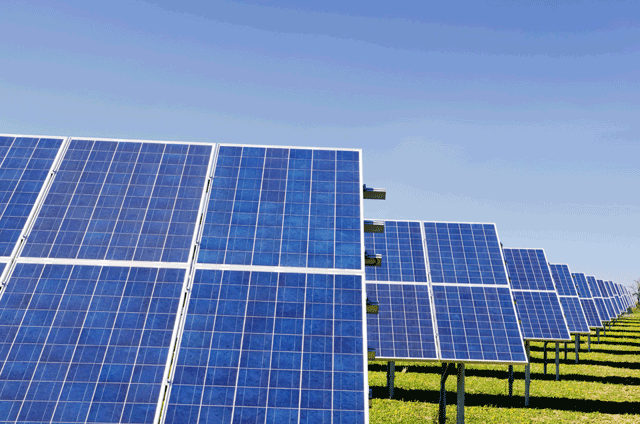You are here
Project aims to implement green methods in industrial sectors
By Maria Weldali - Mar 30,2022 - Last updated at Mar 30,2022
AMMAN — Green Action in Enterprises (GAIN) project is to implement environmentally friendly and resource-efficient production methods in Jordan’s industrial sectors that are among the most vulnerable to environmental distress, according to the German Agency for International Cooperation (GIZ).
The GAIN project, commissioned by the German Federal Ministry for Economic Cooperation and Development (BMZ), is implemented by GIZ, in cooperation with the Ministry of Environment, the Ministry of Industry, Trade and Supply, business associations and the private sector, “to promote a green economic transition in Jordan’s industry”.
“The GAIN project aims to nourish resource-efficiency in specific industrial sectors that are most vulnerable to environmental distress, including textile, food processing, chemicals, pharmaceutical and packaging sectors,” according to the GIZ.
Discussing the project’s objectives during a Power Breakfast on Wednesday, GAIN Project Manager Elisaveta Kostova said “the project is just a small part in a big puzzle, because the topic of green economy is much bigger than one project”.
Jordan has resource scarcity that cannot accommodate the economic growth that is happening now and will happen in the future; therefore Kostova added that it is both a necessity and an opportunity for Jordan to transition to a green economy.
In his remarks, Environment Ministry Secretary General Mohammad Khashashneh pointed out that GAIN lines up with Jordan’s national plans and measures undertaken by the government, aimed at driving the green transition.
Further, Khashashneh talked about the measures carried out nationwide regarding green economy. Additionally, he spoke on the Jordan Green Growth National Action Plan, which was launched in 2021, giving 86 detailed measures for six key sectors including energy, water, transportation, agriculture, tourism and waste sectors.
“There are 22 UN organisations in the Kingdom, which spent around $930 million last year in Jordan,” according to Khashashneh, who said that the government together with UN organisations are developing action plans for the next five years.
He added that the nationalisation of green growth, as well as water and energy supply, is among the priorities of the aforementioned action plans.
Jordan’s industrial sector suffers from resource scarcity, limiting its capacity to grow and compete in regional and global export markets. Additionally, Jordan suffers from a trade deficit due to the overall low number of exports amounting $8.91 billion in 2019, compared to its imports standing at around $225 billion annually, according to a GIZ statement made available to The Jordan Times.
Related Articles
AMMAN — Banks need to develop inclusive green finance products for the industrial sector, rather than solely renewable energy products, in o
AMMAN — Aqaba Special Economic Zone Authority (ASEZA) President Nayef Bakhit and Green Action in Enterprises (GAIN) Project Manager Elisavet
AMMAN — The Association of Banks in Jordan (ABJ) on Sunday signed a cooperation agreement with the Green Action in Enterprises (GAIN) projec
















